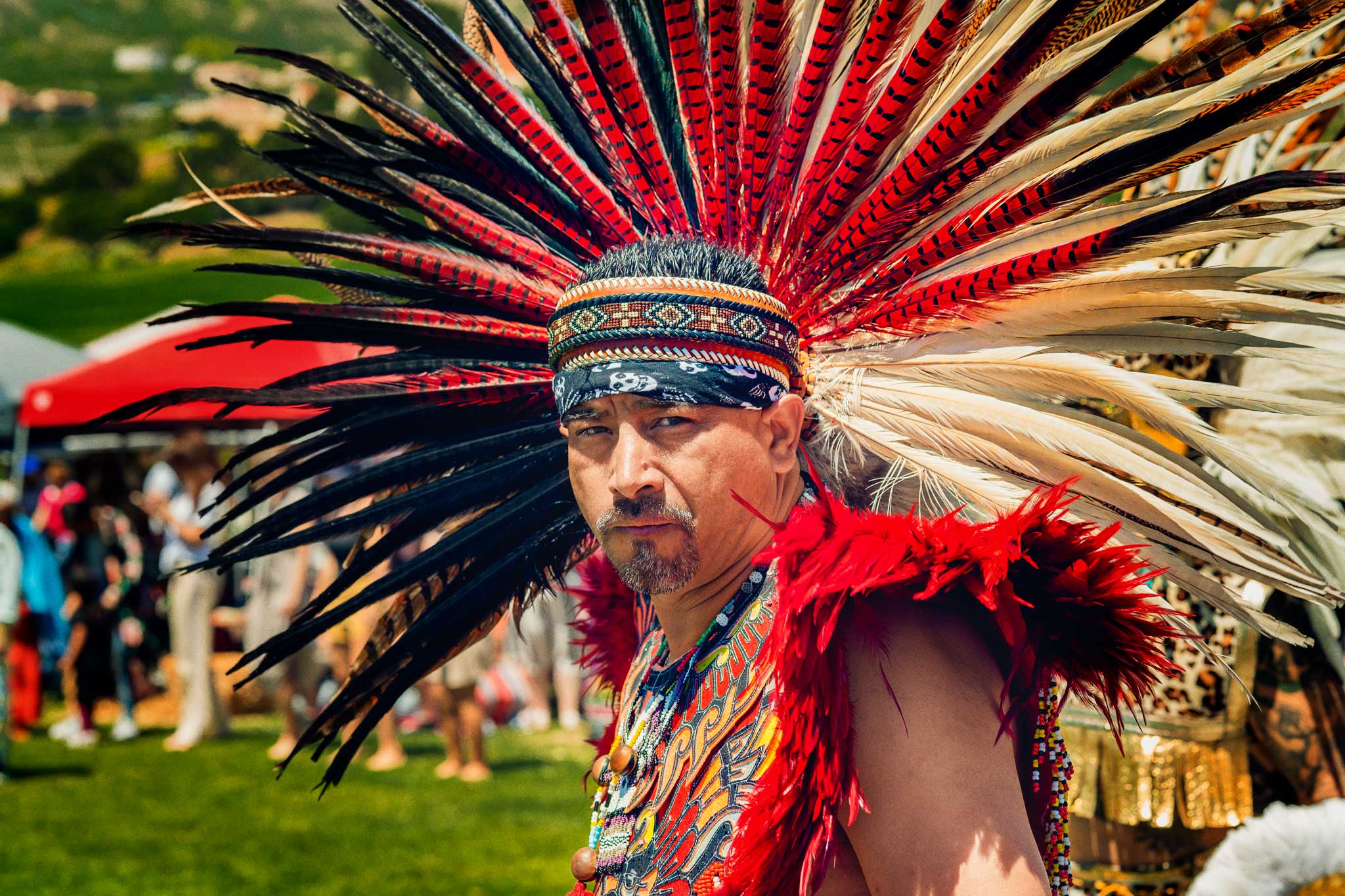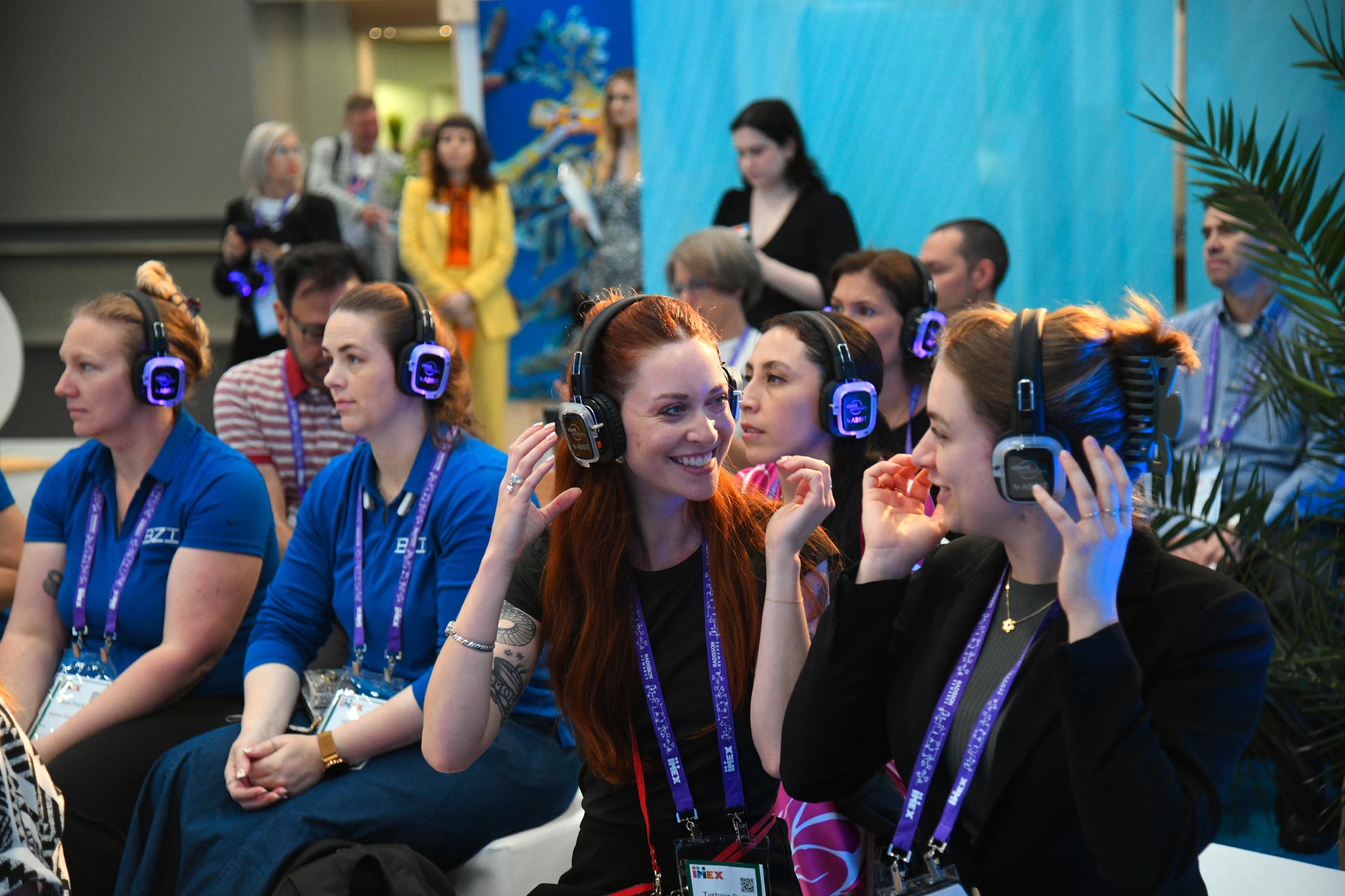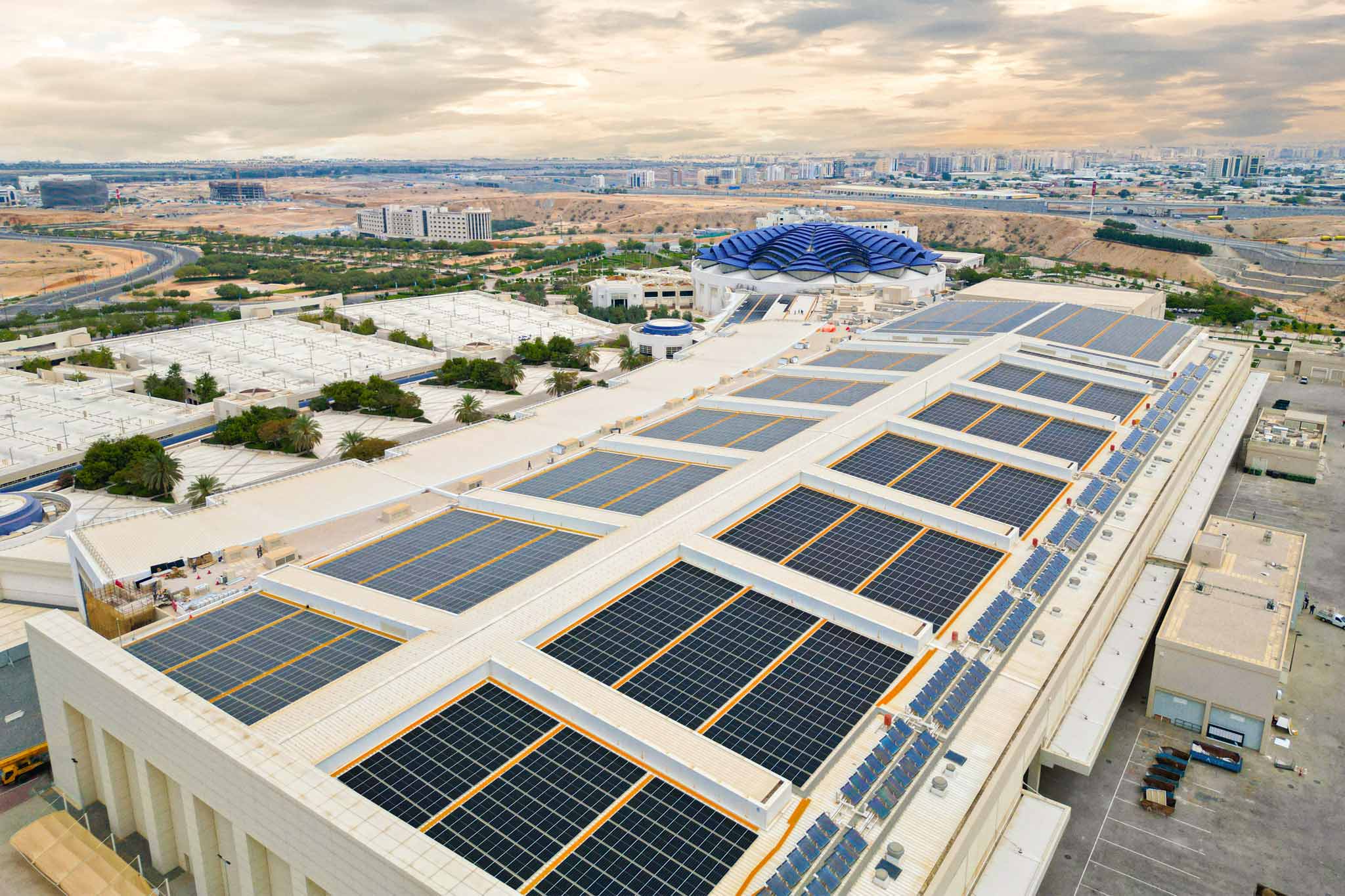The world’s indigenous economies hold nearly 30 per cent of this planet’s total assets and, at the same time, own, have nurtured and protected, 80 per cent of the world’s biodiversity¹. However, these communities have a grossly understated role in global business.
The reality is though that indigenous businesses, and the skills within them could account for nearly $3.3 trillion of economic value². This value, however, needs to be unlocked, accessed and the many barriers to establishing partnerships between indigenous business owners and the wider (western) world, overcome.
That is the role of the World Indigenous Forum, which took place in November and brought some 10,000 indigenous business owners and investors together. The event was at the same time a trade fair, a conference and a global political forum that could emerge as every bit as important as COP26, the Global Economic Forum and Davos.
As Kevin Jackson, CEO of Blueprints, the organisers behind the forum comments:
“How we treat those societies that are most remote and societally excluded will tell the world a great deal about how well it builds itself back in a post-Covid world. A reset button has been pressed, and leadership is looking as much into ancient knowledge as it is into technological innovation to establish the sort of society we want to recreate.”
The World Indigenous Forum, this year, crossed both these areas several times; ancient societies meeting with modern investors; Rainbow Warriors meeting ethical investors, and a face-to-face event reimagined on a futuristic technological platform.
Like many events in 2020, the option to organise a live experience was quickly taken off the table, and a forum that intended to speak to some of the remote audiences in the world had to decide to cancel or go forward in a digital format.
“It really wasn’t a difficult decision at all,” says Kevin Jackson. “Technology was never going to be a limiting factor to reaching indigenous communities any more than it would be for the investor audience. These entrepreneurs have the technology and, be they in Columbia, Australia, North Africa or Canada, they can be familiar with a digital experience.
“The bigger challenge is one of trust. These are communities that have, for centuries, learned the hard way to resist doing business with the western world, and a face-to-face event allowed us to put them in a room, have a human experience and break down some of these trust barriers. It left us with a different challenge; how could we do this on a new kind of digital platform.”
“The world’s indigenous communities are owners of highly innovative businesses”
The answer came from the London based experience agency Engage Works. The team set to work on creating a digital world that could be accessed in the same way as a computer game or 3D film experience, with every delegate given an avatar and able to “walk” around the experience with complete freedom.
The design elements of the bespoke world created by Engage Work’s team is extraordinary; the foyer included windows that let in sunlight, showed calming forests and bought the natural world inside the forum itself. The team even created a spinning world that attendees could watch and interact with, again underlining the global and CSR elements of the event.
Walking into the event itself, rows of exhibitor stands and conference rooms, from main plenary to small fireside chats, could be walked through and chance encounters allow for face-to-face discussion. Each attendee could visit stands, attend meetings and watch live speakers within the platform, streamed from around the world.
“The front end is amazing, it’s visual, it’s on-brand, and it creates the right experience of the objectives of the meeting. But the back end is where the magic is,” says Kevin Jackson.
“The way we collect data, the pre-registration and the delegate communication mean the avatars aren’t just robots, we’re giving them personalities as well; history, interests, social media profiles and objectives.
“Without this, we’ve just got a lot of pretty robots walking around a gorgeous room. With it, we have engagement and a personal experience.”
This additional layer of information will be of massive importance with the World Indigenous Forum, which has the added complexity of attracting delegates from over 90 countries and as many different languages. The conference programme, which included over 30 speakers from 15 different countries, was simultaneously translated into English and Spanish.
The forum also gathered a “Council of 90” leaders from those countries with recognised indigenous communities, in the run-up to the event. The meeting will be the first to convene representatives from every culture and created a manifesto for the global indigenous community around economic development, indigenous rights, land rights and climate.
“Leadership is looking as much into ancient knowledge as it is into technological innovation to establish the sort of society we want to recreate”
Finally, and most importantly, the World Indigenous Forum brought together thousands of meetings between indigenous businesses and entrepreneurs and investors interested in impact investment, ethical business and reinvestment models. The meeting was also attended by prominent indigenous leaders and trailblazers as well as renowned figures of the business community, all interested in the economic regeneration of the indigenous world.
“We are often seen as incapable of representing ourselves or having self-agency. Coming from stagnant cultures, the world’s indigenous communities are owners of highly innovative businesses and are astute entrepreneurs; culturally and consciously rich, ethical and with a deep understanding of the finite balance between nature and productivity. We have high standards for investment and expect dignity to be placed foremost,” says Tamara Lakomy, Chairwoman, World Indigenous Forum.
“The role of the forum is to facilitate open discussions that allow western and indigenous businesses to better understand the amazing economic potential of forging alliances and cutting out middlemen.”
While the main objectives of the forum are to create a marketplace for investment, the place of sustainable and ethical investment will be front and centre from a content point of view. Indigenous people are crucial to the growing efforts by consumers, businesses and governments in reducing CO2 in the atmosphere, and with ethical investment a key part of the forum, the organisers have grand ambitions for the impact the event will have on the planet.
“More and more businesses and brands are going back to nature, looking at green initiatives, investing in ethical companies and bringing ancient cultures and learning into their brand values and staff incentives,” says Kevin Jackson.
“Indigenous businesses come with these values ready-packaged and completely authentic. An investment in this kind of business is an investment in the natural world and the ability of those societies that have been frozen to achieve economic justice and freedom.”
The World Indigenous Forum has lofty ambitions both in terms of its objectives as an event, to and for its attendees, but also the innovative platform it has created. It means that, whereas in the past, the event would not have been able to happen, it can now exist and add value to the many indigenous societies around the world.
¹ Source: World Bank, Indigenous Peoples, 2020.
² Source: Blueprints, the International Monetary Fund, estimated emerging/developing market size is $33.52 trillion. Blueprints believes that indigenous cultures represent 10 per cent of this growth – allowing for that, out of the 90 countries with indigenous societies, many sit within mature markets as well as emerging ones.



